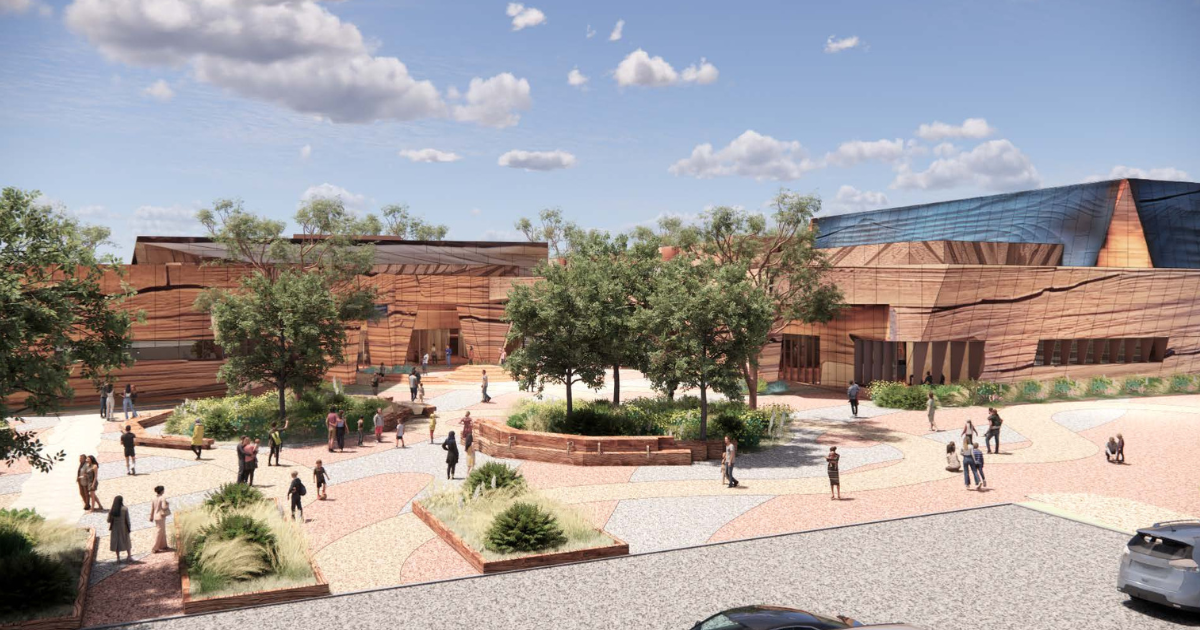Eliminating gender inequality in sport
THE Easter break was a wonderful time to relax with family and reflect on what has been a busy start to the year.
On a personal level that has involved travelling but also enjoying and partaking in the City of Greater Geelong’s many major events.
As the rain came down on Easter Monday while watching my beloved Cats defeat Hawthorn at the MCG, it was a clear sign that the summer events period has now ended.
But there are still many other events taking place across the region.
One of those, the annual Victorian Senior Gymnastics Championships, was held last weekend.
As chair of council’s Active Spaces portfolio, and as a partner of this event, it was pleasing to see so many people in attendance. Equally exciting was watching all the keen runners participating in the 35th Geelong Cross Country Clubs half marathon around the picturesque Barwon River.
The change in weather at this time of year is also a sign that winter sports are back.
There is something about seeing and hearing crowds at local soccer, netball, football and other games that is unlike anything else you experience.
And with all three local football leagues underway I am looking forward to being able to get out to some games in the months ahead.
That may be at a junior match, a men’s match, or a women’s match, and with such rapid participation growth in women’s sport I thought it would be worth providing an update on where things stand for our Fair Access Policy.
At our March meeting council endorsed the release of the draft Greater Geelong Fair Access Policy for the purpose of broader community engagement.
This policy addresses some of the barriers that are experienced by women and girls in accessing and using community sports infrastructure.
It aims to build the capacity and capabilities of the City of Greater Geelong and associated stakeholders in identifying and eliminating the systemic causes of gender inequality in policy, programs, communications, and delivery and allocation of community sports and recreation infrastructure.
Sport is a highly visible and valued feature of Greater Geelong’s culture and identity, and this policy aims to address and reduce the substantial gap not only in the participation of women and girls in sport and recreation, but in the gender imbalance in leadership positions across all levels of the Victorian sporting and recreation industry.
So I encourage everybody to explore the City’s Have Your Say page yoursay.geelongaustralia.com.au/draft-fair-access-policy to let us know what you think.
We want to make sure we get this right, and community feedback is a crucial part of the process.
Engaging with our stakeholders is always important, which is why it is so pleasing that the city and Kardinia Park Stadium Trust are working together to set the future vision of Kardinia Park.
This has already seen a future-focused visioning workshop held to allow an extensive range of Geelong and precinct-based stakeholders the opportunity to discuss goals, objectives, inhibitors and enablers for a successful precinct.
There have been facilitated discussions regarding amplifying benefits for Kardinia Park as well as reflections and conversations regarding other great sports and entertainment precincts around the world and what they are doing well.
It is imperative that all parties work together towards creating an aligned vision for the precinct because Kardinia Park is a significant place for both elite and community sport in our region.
I look forward to attending many more Geelong Cats games there in the years ahead, but it is also vital the entire Greater Geelong community is considered in these discussions and sees the benefits of the master plan when it is implemented.
As always, please feel free to contact me on 0455 532 006 to raise an issue, or reach out via the city’s website (http://geelongaustralia.com.au), via phone (03 5272 5272), via email ([email protected]) or via the city app.
Cr Eddy Kontelj
Brownbill Ward,
City of Greater Geelong


















